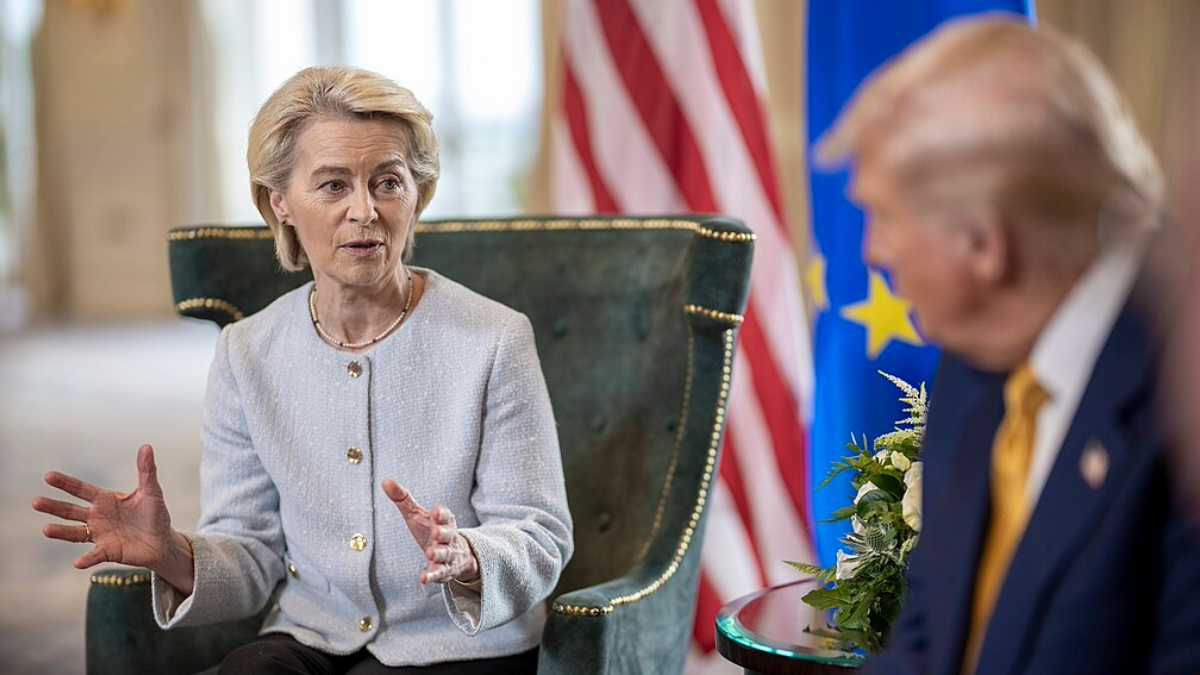
Trump’s goal, aligned with the interests of some US tech companies, is to push for regime change in Europe, writes MEP Alexandra Geese.
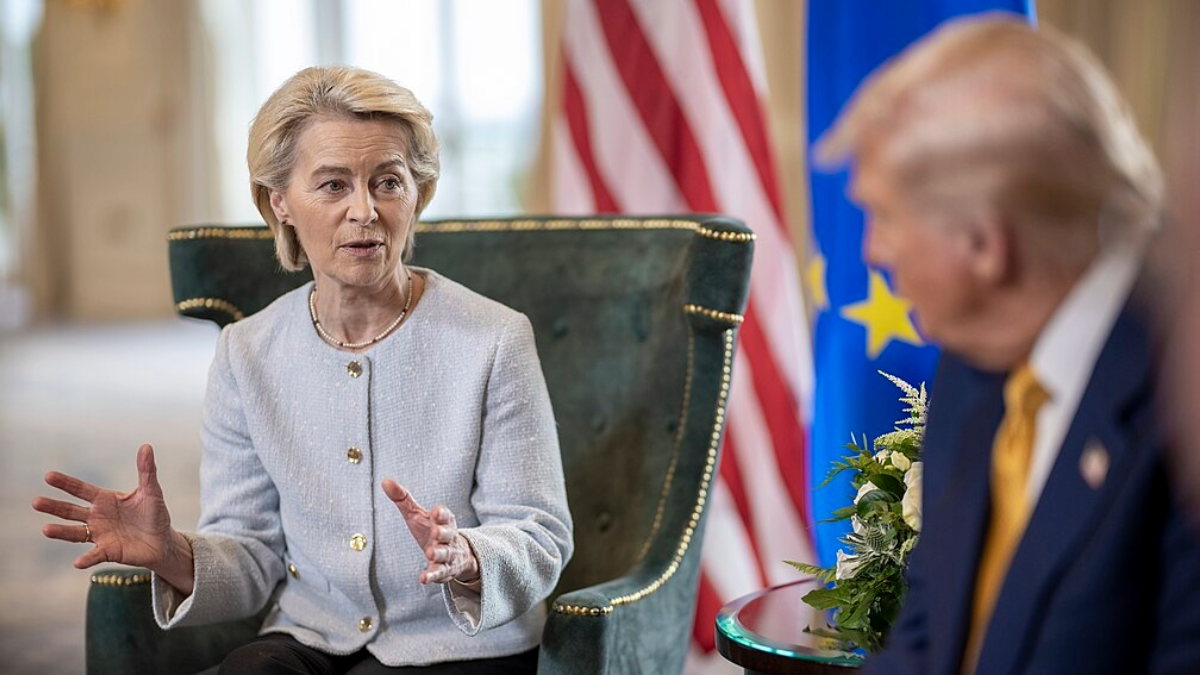
Europe Cannot Wait to Fight Trump’s Assault on Democracy --

Trump’s goal, aligned with the interests of some US tech companies, is to push for regime change in Europe, writes MEP Alexandra Geese.

[...]
Trump's latest threat conveys three messages that Europe and the world should pay close attention to. First: It is evident that Trump is not a reliable partner when it comes to trade deals. No amount of flattery or appeasement will guarantee a favorable outcome in the long term. Secondly, US-based tech companies are exerting significant pressure on the US government to ensure that their interests are prioritized. Thirdly, Trump's objective—which is aligned with the interests of certain US technology companies—is to implement regime change in Europe.
[...]
Europe has three options to protect global democracy.
[...]
[First] ... It is essential to enforce DSA and DMA in a meaningful and effective manner. It is necessary to clarify how virtually all platforms utilize algorithms to amplify outrage, anger, and fear, overriding users‘ explicit content choices. Those emotions serve to perpetuate the dissemination of disinformation and undermine trust in science, media, and governmen
A year on from Draghi’s call for radical change: has the EU delivered?

One year after Mario Draghi’s landmark competitiveness report, which called for “radical change” not to lag behind the US and China, has the EU acted — or just reacted? #EuropeNews
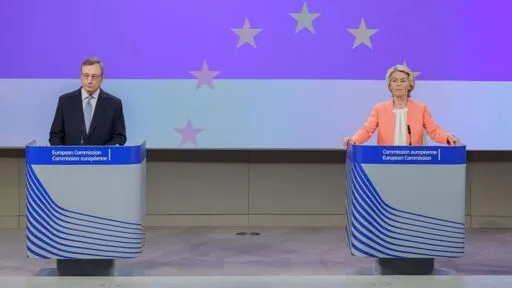
One year after Mario Draghi’s landmark competitiveness report, which called for “radical change” not to lag behind the US and China, has the EU acted — or just reacted?
Microsoft says U.S. law takes precedence over Canadian data sovereignty

Microsoft representative says US CLOUD Act comes before other country's sovereignty.

Signal, encryption and backdoors
So we know the UK, France, Sweden and Australia all have “pondered out loud” about getting platforms like Signal to allow backdoors into encrypted calls and messages.
This creates a sense of safety about these platforms being secure, because governments want to come after them.
Here’s a tinfoil hat take: Five Eyes is significantly reducing inter cooperation. The non-fascist parts of the alliance don’t want to share with the obvious authoritarian, but the authoritarian one used to share the fruits of their established backdoors with them, and
Signal, encryption and backdoors
So we know the UK, France, Sweden and Australia all have “pondered out loud” about getting platforms like Signal to allow backdoors into encrypted calls and messages.
This creates a sense of safety about these platforms being secure, because governments want to come after them.
Here’s a tinfoil hat take: Five Eyes is significantly reducing inter cooperation. The non-fascist parts of the alliance don’t want to share with the obvious authoritarian, but the authoritarian one used to share the fruits of their established backdoors with them, and
There's a word for the EU's inaction over Gaza: racism

Europe frames the suffering of Palestinians in Gaza as a humanitarian crisis rather than a deliberate political choice. There will be a moral reckoning, says Shada Islam, a commentator on EU affairs
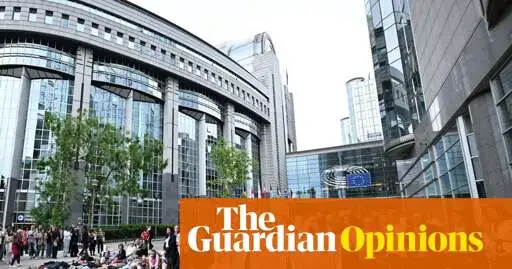
cross-posted from: https://lemmy.ml/post/34910549
There's a word for the EU's inaction over Gaza: racism
Europe’s domestic and external biases are feeding off and sustaining each other. This connection is not abstract. It is glaringly visible in the disparity of treatment of Ukraine and Gaza. Russia’s illegal invasion of Ukraine was rightly condemned by the EU, which imposed severe and unprecedented sanctions on Moscow, gave more money to Kyiv and repeatedly condemned other states that did not follow suit. Palestinian lives, however, are treated as expendable, their suffering is minimised while children are robbed of their childhoods. The suffering in Gaza, framed as a humanitarian crisis rather than a deliberate political choice, is decontextualised, depoliticised and sanitised. EU policymakers should listen when the Palestinian-American academic Rashid Khalidi says this conflict is “the last colonial war in the modern age”.
The moral reckoning over the EU’s inaction on Ga
Europe must stop playing middleman and start leading on Ukraine --

On both security and trade, the EU has drifted into the role of payer and middleman, financing arrangements that serve US priorities while limiting its own ability to act independently

*Op-ed by Apostolos Thomadakis, Research Fellow and Head of the Financial Markets and Institutions Unit at the Centre for European Policy Studies (CEPS), and Head of Research at the European Capital Markets Institute (ECMI). *
[...]
Europe [must design a] European security framework for Ukraine, anchored in EU and NATO commitments, with American support but not American primacy. It means pursuing trade policy from a position of strength, resisting coercion and diversifying energy and technology partnerships so Europe cannot be held hostage.
[...]
The Ukrainian document itself notes that “lasting peace shall be based not on concessions and free gifts to Putin, but on a strong security framework that will prevent future aggression”. Europe must ensure that framework is European-led – otherwise, it risks financing
Trump’s FEMA Guts Disaster Mitigation While Funding Migrant Jails

As climate disasters increase, the hamstrung agency’s response efforts will be impeded when they’re needed most.

As climate disasters increase, the hamstrung agency’s response efforts will be impeded when they’re needed most.
Age verification: what’s the harm?

Age verification has hit the UK, people need to upload ID to see 'adult' content. What's the harm in laws like this, if they protect children? Let's see.

China’s Z.ai and America’s Self-Defeating AI Strategy
The numbers in Trump’s EU trade deal are a joke: When only attention matters and substance is a mere side story, one can agree to almost anything --
[This is an op-ed by Robert A. Rogowsky, professor of trade and diplomacy at the Middlebury Institute of International Studies and adjunct professor at Georgetown University’s School of Foreign Service in the U.S. He is a former chief economist and director of operations at the U.S. International Trade Commission.]
[...]
[The EU-US trade deal] is not technically a deal. It is filled with numerous “commitments” such as “work to address” and “intend to work together,” or “intend to address” and, curiously, “take complementary actions to address.” This is the type of language used in a preliminary phase of a framework agreement, which would be the precursor to a serious trade negotiation.
The White House is claiming that, first, that the EU will invest $600 billion directly in the U.S. during Trump’s term (three times the rate it has
Why Europe could quietly win the humanoid race --

Europe is betting on real-world deployment, ethical design, and legal clarity — not flashy demos — to lead the next era of humanoid robotics.
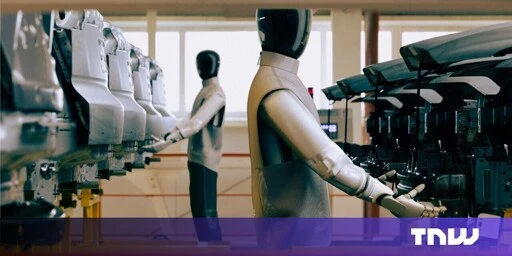
[...]
While the US often relies on innovation funded by Big Tech monopolies and China leans on state-driven manufacturing strategies, Europe’s robotics sector is built on modular collaboration. Startups and research labs spin out into well-funded clusters, often supported by EU-backed initiatives like RI4EU and EIC Accelerator. These programs offer access to testbeds, pilot funding, and collaborative R&D networks.
Furthermore, Europe’s geographic and industrial structure gives it a special advantage: close proximity to real-world use cases. Having neighbouring logistics hubs, manufacturing zones, and retail chains in contiguity helps speed iteration and aligns development with the continent’s actual operational pain points. McKinsey estimates that in some of Europe’s critical sectors — including retail and logistics — payroll alone amounts to $1.7 trillion (€1.55 trillion). This makes automation highly profitable and ripe for disruption.
[...]
There are still concerns in European
Why modern Russia is more dangerous than 1930s Germany --

But Russia never needed to fall — it never rose. There was no functioning democracy to collapse. No civil society to co-opt.
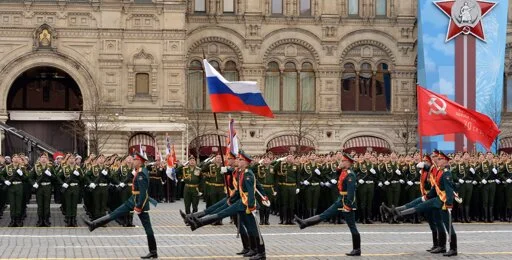
crosspostato da: https://lemmy.sdf.org/post/39764949
Op-ed by Kate Turska, Co-chair of the Ukrainian Association of New Zealand (North) and the head of Mahi for Ukraine, a volunteer group based in New Zealand, supporting Ukraine and its People through advocacy.
[...]
Germany in the 1930s descended into darkness after a failed democracy, humiliation in WWI, and a modernising but fractured society. Hitler built his regime on the wreckage of a democratic experiment. It was brutal, it was rapid, and the world was still learning what modern war and fascism looked like.
But Russia never needed to fall — it never rose. There was no functioning democracy to collapse. No civil society to co-opt. No free press to destroy — only moments of it, never sustained. From Tsarism to B
Russia’s war crimes in Ukraine: the ultimate reality check for international law --
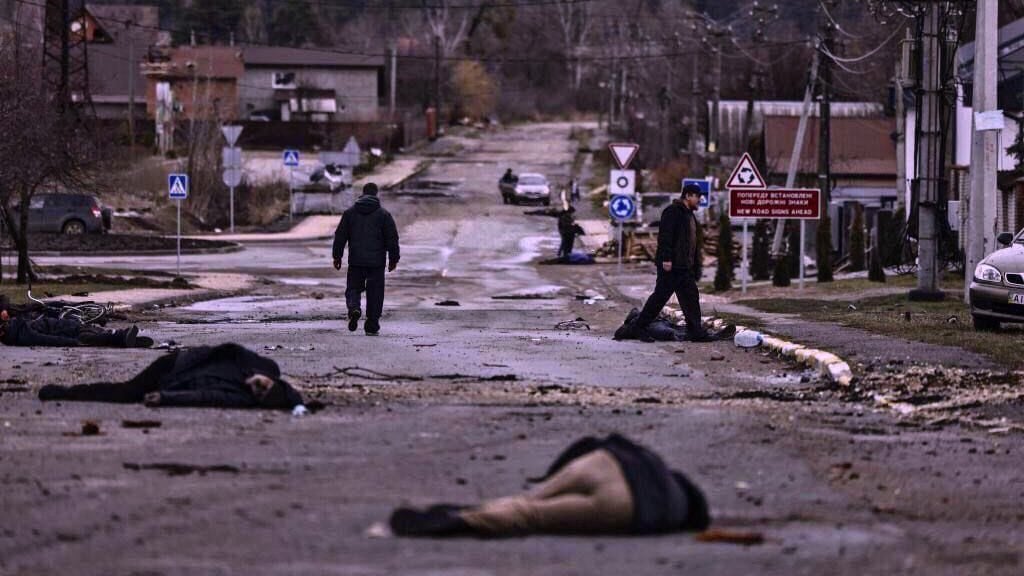
In 2025, the continued imprisonment of Ukrainian OSCE staff also reveals something strikingly profound about the state of international law: international institutions meant to safeguard it are not even able to protect their own staff.
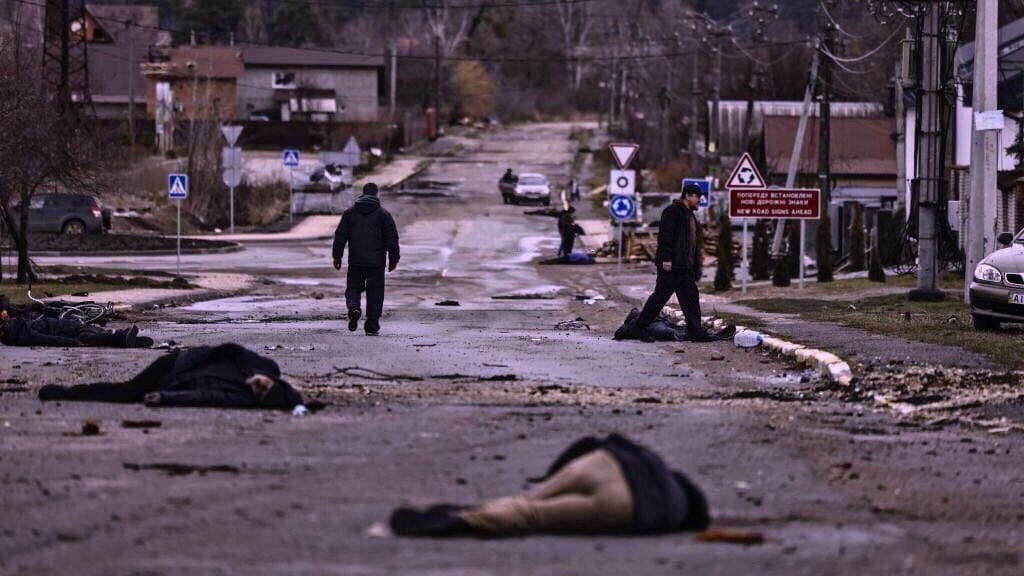
cross-posted from: https://scribe.disroot.org/post/3825031
Op-ed by Nataliya Gumenyuk, an Ukrainian journalist and founder of the Public Interest Journalism Lab. The text is based on Ms. Gumenyuk's intervention at the Helsinki Debate on Europe in May 2025.
...
Ukrainian human rights defenders and journalists have spent over a decade documenting Russia's political violence.
Initially, their work echoed the moral legacy of the Helsinki Accords, pressing authoritarian regimes to acknowledge human dignity.
But meanwhile, they increasingly believe there is only one way to protect people in occupied territories: liberation by force. After Russian troops were pushed out of Bucha, Kherson and Izyum, the persecutions of the local population stopped.
Many Ukrainians have come to a painful conclusion: international law cannot stop atrocities. It
Russia’s war crimes in Ukraine: the ultimate reality check for international law --

In 2025, the continued imprisonment of Ukrainian OSCE staff also reveals something strikingly profound about the state of international law: international institutions meant to safeguard it are not even able to protect their own staff.
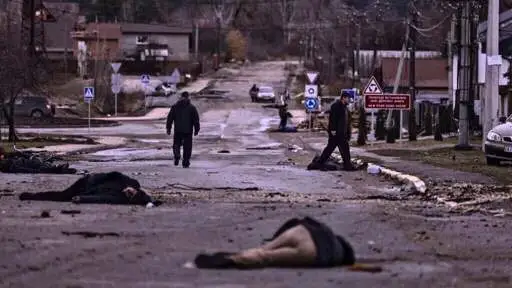
Op-ed by Nataliya Gumenyuk, an Ukrainian journalist and founder of the Public Interest Journalism Lab. The text is based on Ms. Gumenyuk's intervention at the Helsinki Debate on Europe in May 2025.
...
Ukrainian human rights defenders and journalists have spent over a decade documenting Russia's political violence.
Initially, their work echoed the moral legacy of the Helsinki Accords, pressing authoritarian regimes to acknowledge human dignity.
But meanwhile, they increasingly believe there is only one way to protect people in occupied territories: liberation by force. After Russian troops were pushed out of Bucha, Kherson and Izyum, the persecutions of the local population stopped.
Many Ukrainians have come to a painful conclusion: international law cannot stop atrocities. It cannot save lives.
...
For us Ukrainians, who live in an aggravated reality, everyth
The EU has validated Trump’s bullying trade agenda
cross-posted from: https://lemmy.zip/post/45175573
The Epstein Case Is Not a Distraction. It Shows How Elite Impunity is Sustained.

The sustained attention around the Epstein files lets us shine a light on the bipartisan architecture of impunity.

The sustained attention around the Epstein files lets us shine a light on the bipartisan architecture of impunity.
The EU’s strategic compromises are blinding it to the ongoing fight for democracy in Serbia --
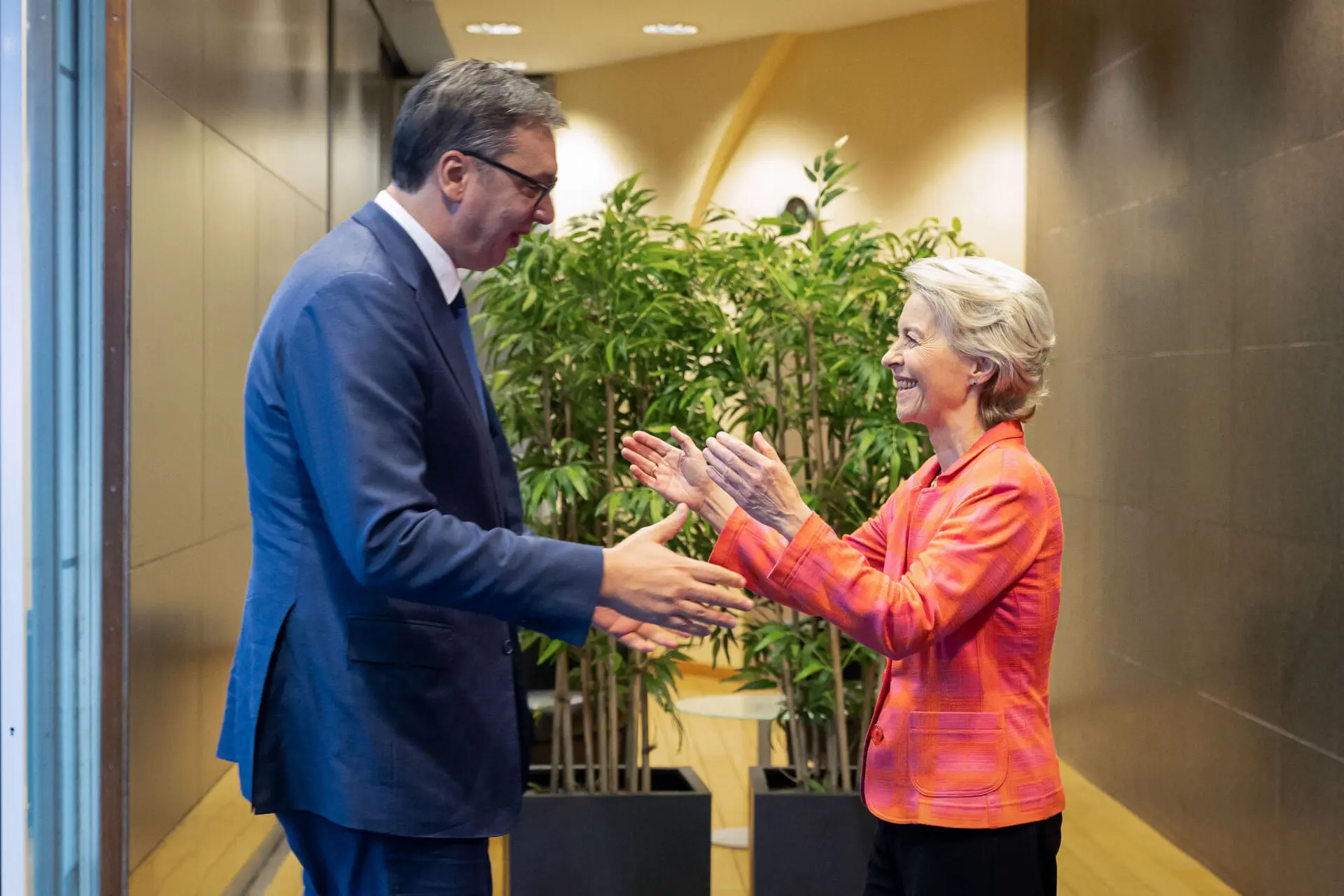
Since November 2024, Serbia has experienced a huge wave of anti-government protests. As students and citizens continue to pump up the situation by doubling down on their demands…
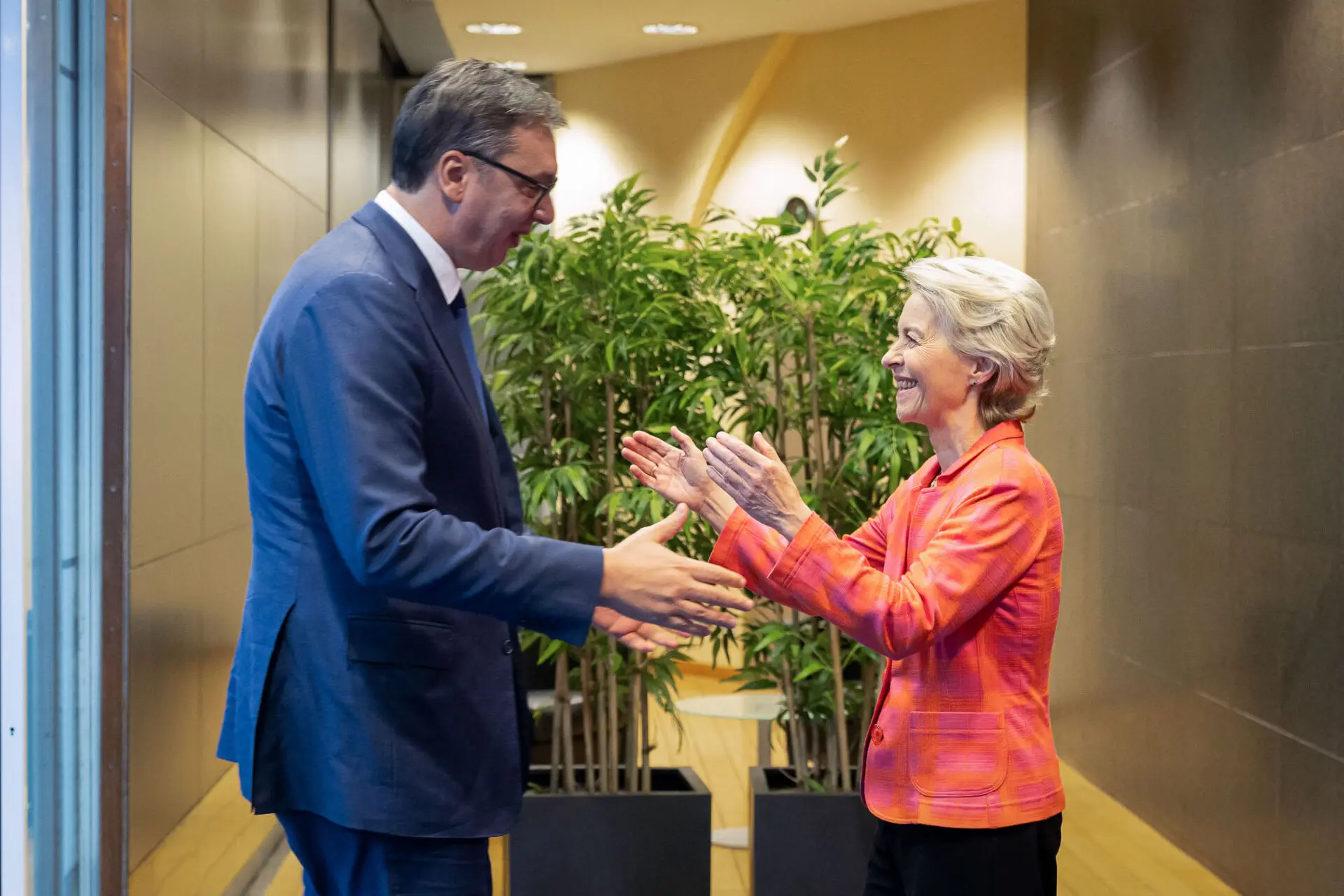
cross-posted from: https://scribe.disroot.org/post/3713310
...
Given the Western Balkans’ complex socio-political structure, the EU’s ongoing dilemma of stability vs democratisation has consistently favored the former. This trade-off has enabled [President Aleksander] Vučić to consolidate his power while fostering a form of ‘stabilitocracy’.
...
Despite pouring an enormous amount of money into Serbia, the EU has lacked a coherent strategy to transform its support into political influence, failing to break Belgrade’s long-lasting ties with Moscow. This gave Russia a safe space to fuel regional instability and spread anti-EU propaganda – reflected in Serbian public opinion that the West – not Russia – is to blame for the war in Ukraine.
Serbia’s facade of neutrality, reluctantly condemning the i